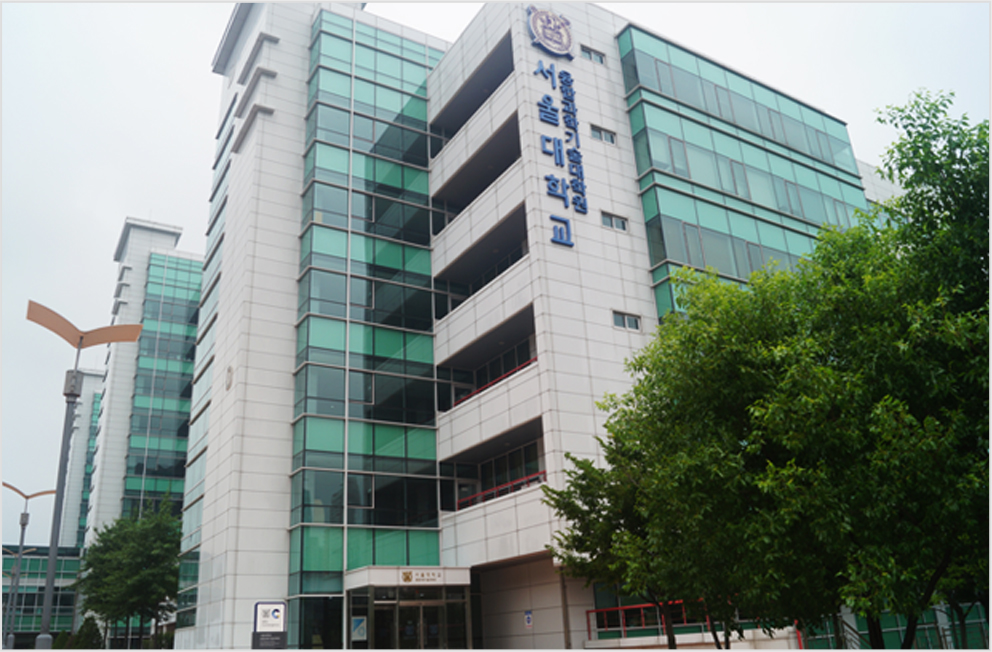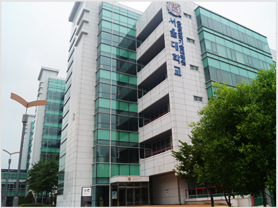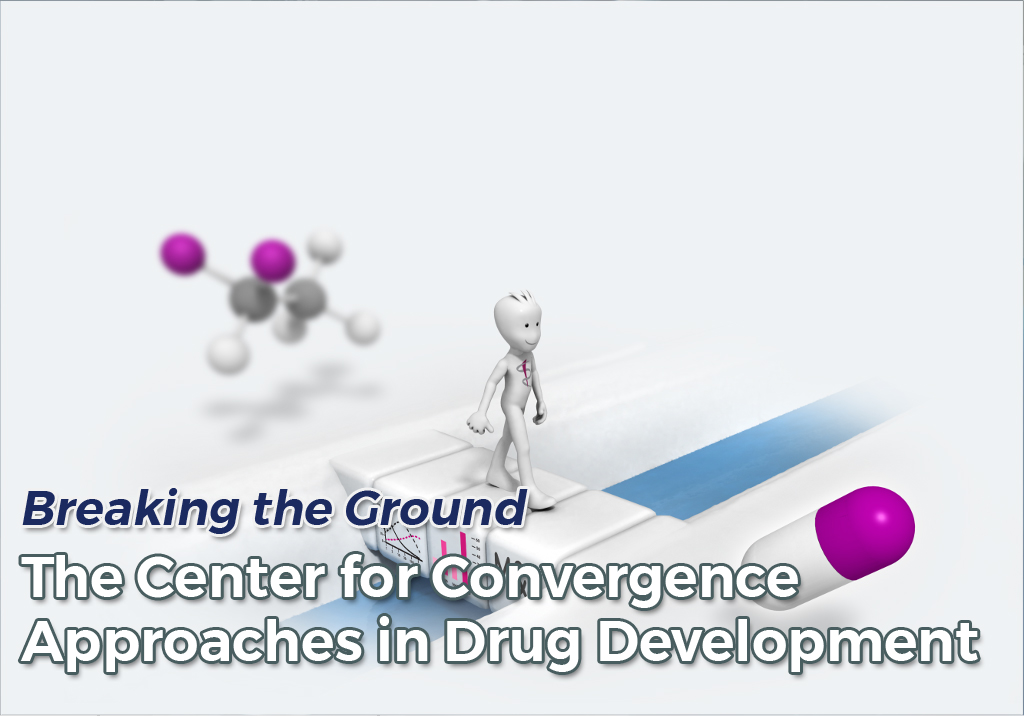


NEWS
CCADD attended 2025 KOSMI Spring Conference

CCADD members attended the 2025 Spring Conference of the Korean Society of Medical Informatics (KOSMI), held from June 22 to 24 at the Busan Port International Exhibition & Convention Center. Under the theme “AI and Human Collaboration in the Age of Generative AI,” the conference brought together experts from medicine, engineering, law, and industry to discuss the latest developments and practical applications in medical informatics.
Key topics included strategies to automate workflows involving electronic medical records (EMRs) , such as methods using large language models (LLMs), strategies for utilizing MyData in healthcare, integration of genomic and spatial biology data for precision medicine, the potential of quantum computing in medicine, and AI-driven clinical prediction and decision support systems (CDSS).
In the keynote speech, Prof. Adrian Zai of UMass Chan Medical School delivered a presentation titled “Steering the Future of Medicine: Human-Centered AI in the Generative Age.” He emphasized the importance of moving beyond what AI can do, toward how its impact should be directed in clinical settings. He highlighted human-centered design, ethical oversight, and global collaboration as essential to ensuring AI truly supports care delivery.
Dr. Yoona Choi, a former member of CCADD and now a research professor at Seoul National University Hospital's Child Cancer and Rare Disease Project, presented her work on developing an LLM-based computable phenotype for pediatric lymphoma subtypes. The model leverages structured and unstructured EMR data—such as pathology reports and genetic test results—to improve classification accuracy based on real-world clinical data.
Prof. Howard Lee, Founding Director of CCADD and CEO of the digital health startup PMATCH, introduced PillTalk, a mobile app that allows patients to independently check drug–drug interactions using public data made available by the Ministry of Food and Drug Safety. The app provides AI-powered, accessible information to help patients make safer medication decisions. Prof. Lee emphasized that public pharmaceutical datasets can be transformed into practical, patient-centered tools to enhance medication safety.
Through this conference, CCADD members were able to reflect on the essential role of interdisciplinary collaboration and responsible innovation in leveraging digital technologies to advance patient-centered care.
Keywords



CCADD
Center for Convergence Approaches in Drug Development, Graduate School of Convergence Science and Technology, Seoul National University
Room C-208, 145 Gwanggyo-ro, Yeongtong-gu, Suwon-si, Gyeonggi-do, 16229, SOUTH KOREA (Gwanggyo)
Room 406, Building 17, Seoul National University College of Medicine, 103 Daehak-ro, Jongno-gu, Seoul, SOUTH KOREA (Yeon-gun)
Tel: +82-31-888-9189 (Gwanggyo); +82-2-3668-7381 (Yeon-gun)
Fax: +82-31-888-9575
Email: ccadd.snu@gmail.com




















